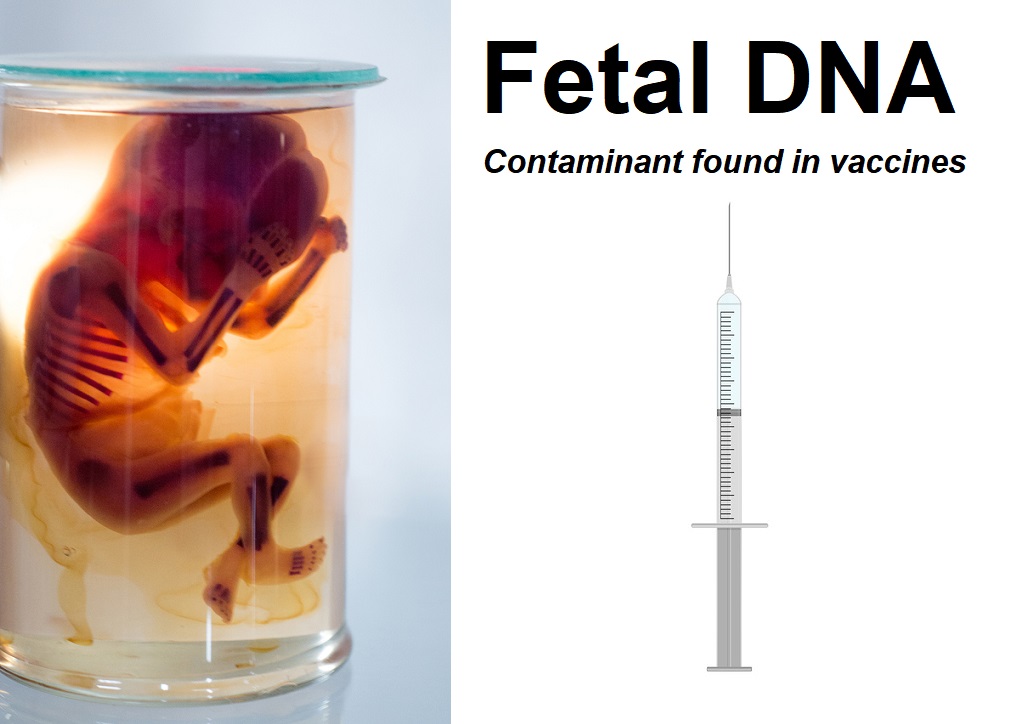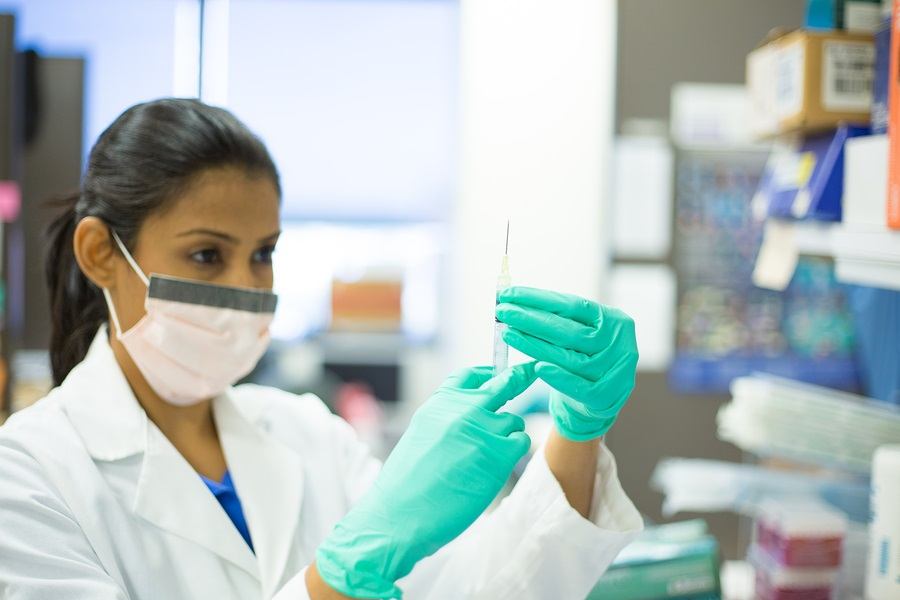Moral and Health Implications of Aborted Fetuses in Vaccine Production
One commonly cited reason for claiming a religious vaccine exemption has to do with the fact that some vaccines are made using aborted fetal cell lines. Vaccine manufacturing is not dependent on the ongoing procurement of aborted fetal tissue, and the Catholic Church issued a statement in 2005 assuring Catholics that by getting vaccinated they are not “cooperating in evil.” Yet the idea of injecting themselves or their children with a substance manufactured using aborted fetal cells still makes some Christians, Jews, Muslims and those of other faiths or personal beliefs feel morally uneasy. Regardless of whether you believe the use of fetal cells from abortions in vaccine production is morally reprehensible or completely justified, there may be other reasons to object to being coerced or compelled to use vaccines — or give your children vaccines — that were made using human fetal tissue cells. According to a study published in the September 2014 issue of the Journal of Public Health and Epidemiology, rates of autism strongly correlate with the introduction of vaccines using human fetal cell lines. Three vaccines in particular were found to be significantly correlated with autism: MMR, varicella (chickenpox) and hepatitis A vaccines. According to the study authors, autism rates rose sharply each time one of these vaccines was released.







